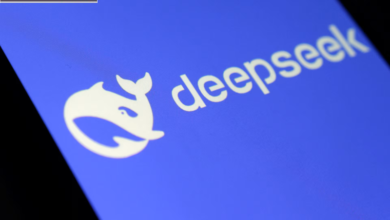Criminal networks in South East Asia rely on Telegram

News Mania / Piyal Chatterjee / 7th October 2024
According to a UN assessment released on Monday, powerful criminal networks in Southeast Asia heavily rely on the messaging app Telegram, which has fundamentally changed how organized crime can carry out large-scale unlawful activity.
This revelation is the most recent accusation made against the contentious encrypted app since Pavel Durov, the company’s CEO, was indicted by France under a strict new law that has no counterpart elsewhere for permitting illegal activities on the site.According to a report by the United Nations Office for Drugs and Crime (UNODC), the app boasts expansive channels with minimal supervision, making it easy for credit card details, passwords, and browsing history to be exchanged publicly on a large scale.
“We move 3 million USDT stolen from overseas per day,” the report quoted one ad as saying in Chinese.
There is “strong evidence of underground data markets moving to Telegram and vendors actively looking to target transnational organized crime groups based in Southeast Asia,” the report said.
Southeast Asia has become a major center for a multibillion dollar industry that uses fraudulent tactics to target victims worldwide. Numerous of them are Chinese syndicates run by people smuggled in for their labor, out of guarded compounds. According to UNODC, the industry brings in between $27.4 billion and $36.5 billion a year.Durov, a Russian-born man, was accused of permitting illegal behavior on the platform, including the dissemination of child sex pictures, when he was detained in Paris in August. The move has put the spotlight on the criminal culpability of app providers and also generated debate on where freedom of speech stops and enforcement of the law begins. A request for comment from Telegram, which has about one billion members, was not immediately answered.
According to the report, criminal groups in the region were forced to innovate due to the substantial profits they were making. As a result, they incorporated new technology and business models into their operations, such as deepfakes, malware, and generative artificial intelligence. More than ten deepfake software service providers have been found, according to UNODC, who are “specifically targeting criminal groups involved in cyberenabled fraud in Southeast Asia”.
Elsewhere in Asia, police in South Korea – thought to be the country most targeted by deepfake pornography – have apparently opened an inquiry into Telegram that will look at whether it abets online sex crimes.
Additionally, reports revealed last month that Star Health, a leading Indian insurer, filed a lawsuit against Telegram after a hacker exploited chatbots on the network to steal its data. Using the chatbots, Reuters was able to retrieve policy and claims paperwork with names, phone numbers, residences, tax details, copies of ID cards, test results and medical diagnoses.






